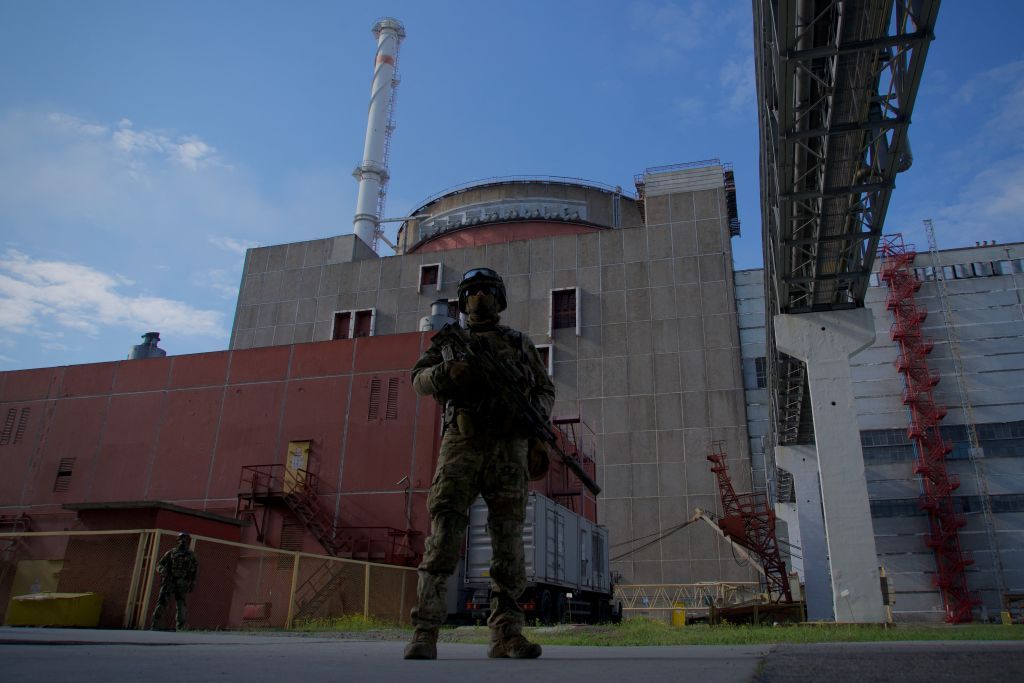Energy Minister: Lithuania offers to dismantle shuttered energy stations, provide Ukraine with spare parts

Lithuania's Energy Ministry has proposed dismantling its country's shuttered power stations to provide Ukraine with the spare parts needed to repair damaged energy infrastructure, amid an increase in Russian attacks on Ukraine's critical infrastructure, Energy Minister Herman Halushchenko said on April 7.
"I had a conversation with the Minister of Energy of Lithuania. They proposed to use their thermal power stations, which are closed. To use them as donors, that is, the possibility to dismantle and obtain the spare parts we need," Halushchenko said on national television.
Lithuania's offer comes in response to Prime Minister Denys Shmyhal's calls for post-Soviet Western allies to provide spare parts for the energy stations.
"We know that you have old Soviet-type equipment," said Shmyhal, during an interview with Estonia's ERR outlet. "It would help us a lot if we had spare parts to restore the affected power plant units and bring some of the power capacities back into operation."
Russia has intensified its attacks against Ukraine's critical infrastructure in recent weeks launching multiple attacks against power plants. Shmyhal said that 80% of Ukraine's thermal generation has been destroyed in recent weeks.
Russian launched its largest attack on the country's energy infrastructure since the beginning of the full-scale invasion on March 22, leaving 1.5 million Ukrainians without power and losing approximately 20% of the country's power grid’s regulation capability.
On March 29, the state-owned energy company Centrenergo reported that Russian troops had destroyed the Zmiiv thermal power plant in Kharkiv Oblast during a recent large-scale attack. Kharkiv Mayor Ihor Terekhov claimed that the attacks have destroyed "almost all" of critical energy infrastructure in the region.
Halushchenko said that the best defense for Ukraine's critical energy infrastructure remains providing Ukraine with adequate air defense systems.
A staunch supporter of Ukraine, Lithuania ranks fourth in terms of overall aid to Ukraine as a percentage of the country's gross domestic product (GDP). Since 2022, the country has delivered the equivalent of 1.54% of its GDP to support Ukraine, according to the Kiel Institute's Ukraine Support Tracker.











